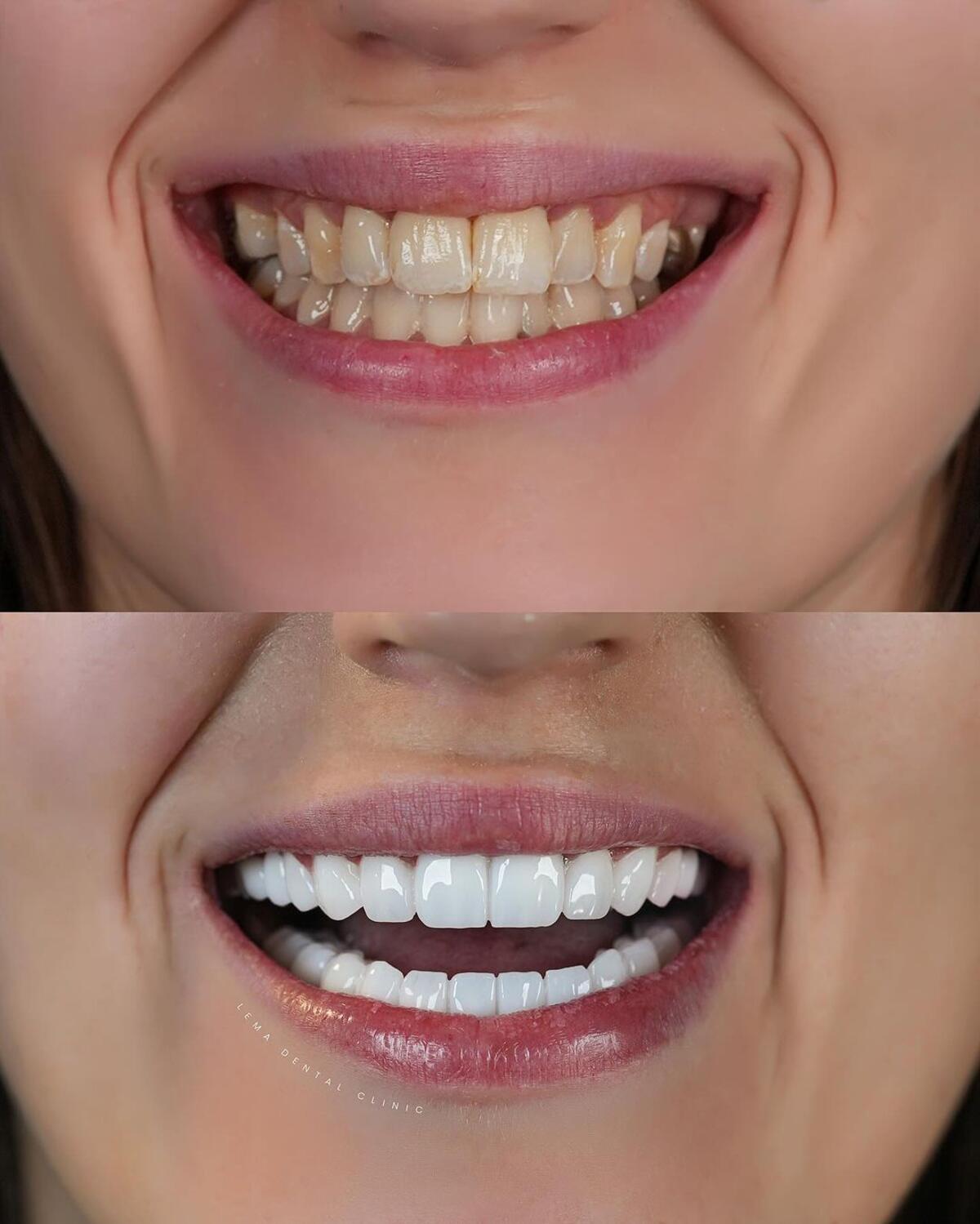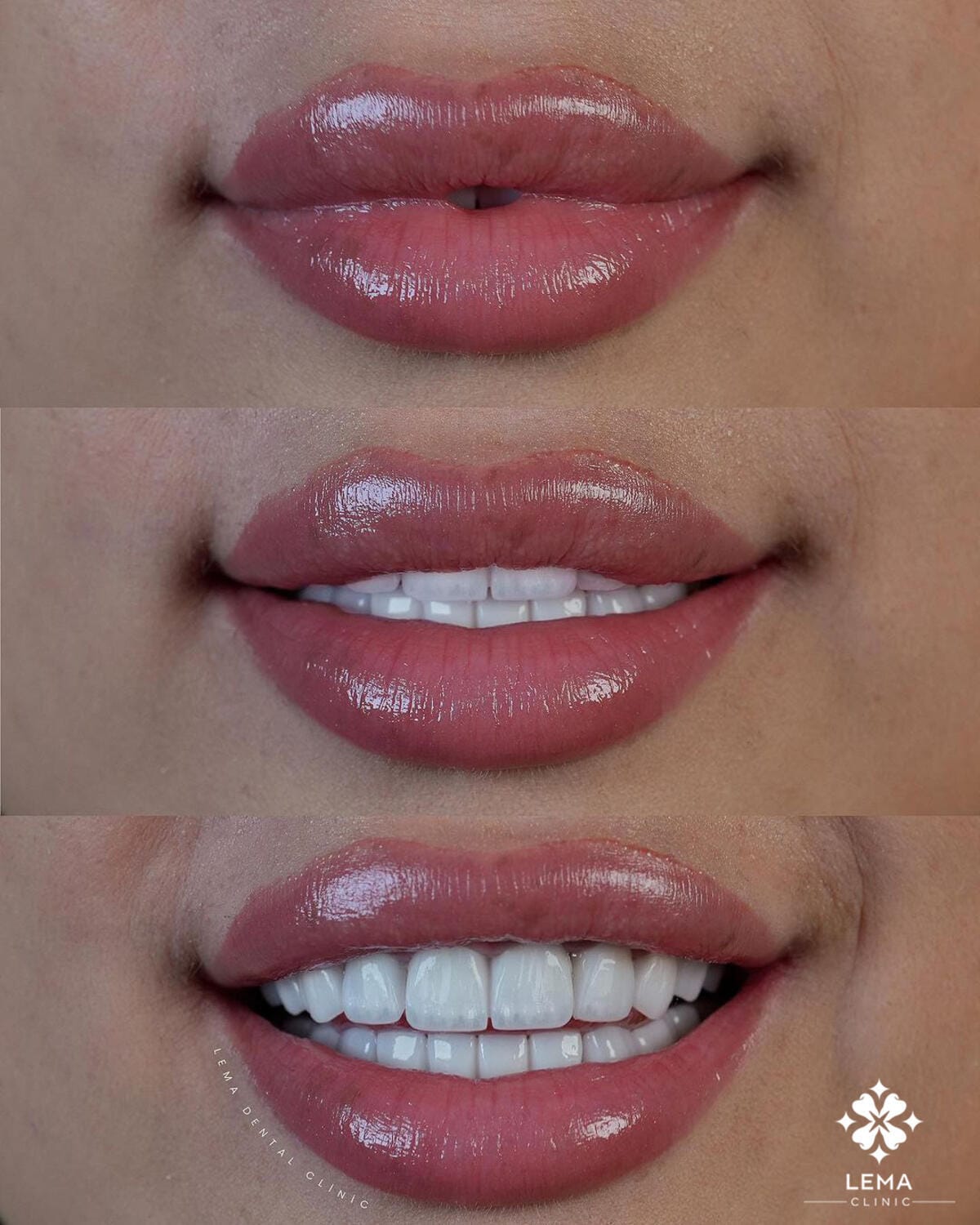Understanding Dental Tartar And Its Effects
Dental tartar, also known as calculus, is a hardened deposit that forms on teeth when plaque accumulates and mineralizes.

Dental tartar, commonly known as dental plaque, is a hard deposit that forms on the teeth when plaque, a sticky film of bacteria, hardens. This calcification process occurs when plaque is not removed regularly through brushing and flossing. Over time, the accumulation of minerals from saliva can turn plaque into a tough, crusty deposit.

Dental tartar can vary in color, ranging from yellow to brown, and is most commonly found along the gum line and between teeth. Unlike plaque, which is soft and can be easily removed with proper oral hygiene, Dental tartar is firmly attached to the tooth enamel and can only be removed by a dental professional using specialized tools. The presence of dental calculus is not just a cosmetic issue; it poses significant risks to oral health.
It provides an ideal surface for further plaque accumulation, increasing the risk of tooth decay and gum disease. Dental tartar buildup can lead to inflammation of the gums, a condition known as gingivitis, which can progress to more serious gum diseases if left untreated.
Regular dental check-ups and cleanings are crucial in managing tartar buildup. During these visits, dental professionals use scaling and polishing techniques to remove dental calculus and keep teeth and gums healthy.
In addition to professional cleanings, maintaining good oral hygiene practices at home, including brushing twice a day and flossing daily, is essential in preventing the formation of tartar and maintaining overall oral health.
Dental Tartar Formation
Dental tartar, or dental calculus, forms as a result of the mineralization of dental plaque, which is a sticky, tooth stain film that constantly forms on our teeth. Plaque is primarily composed of bacteria, food particles, proteins, and saliva. When plaque accumulates and is not removed through regular brushing and flossing, it can harden into tartar within 24 to 72 hours.

The mineralization process is facilitated by the calcium and phosphate ions present in saliva. These minerals interact with the plaque, leading to the formation of the hard, crusty deposit known as tartar. The location of tartar formation is often at or below the gumline, where saliva and plaque tend to accumulate the most.
Dental tartar can create a rough surface that further attracts plaque and bacteria, creating a cycle of continued tartar formation. It’s more challenging to clean and can lead to a range of oral health issues, including dental decay and gum disease.
Unlike plaque, which can be removed through regular oral hygiene, Dental tartar can only be removed by a dental professional using specialized instruments. This is why maintaining good oral hygiene and regular dental check-ups are crucial in preventing the formation and buildup of dental calculus.
Expert Dental Tartar Removal Services at Lema Clinic
At Lema Dental Clinic Istanbul, while we emphasize the importance of professional tartar removal for maintaining oral health, our services extend to a comprehensive range of dental treatments to cater to all your dental needs. Alongside dental calculus cleaning, we offer advanced teeth whitening procedures, providing you with a brighter, more confident smile. Our teeth whitening treatments are safe, effective, and tailored to each patient’s specific requirements, ensuring optimal results while protecting your tooth enamel.
In addition to cosmetic services, Lema Dental Clinic Istanbul specializes in restorative treatments such as dental implants. Dental implants are a durable and aesthetically pleasing solution for missing teeth, providing the functionality and appearance of natural teeth. Our experienced dental professionals use state-of-the-art technology to ensure that your dental implants are placed with precision and care, offering a long-term solution for tooth loss.
Our range of services also includes routine dental check-ups, fillings, crowns, veneers, and orthodontics. Each treatment is conducted with the utmost care and attention to detail, ensuring that you receive the highest standard of dental care.
At Lema Dental Clinic Istanbul, we understand that dental health is integral to overall well-being. Our team is committed to providing personalized treatments in a comfortable and welcoming environment. From maintaining your oral hygiene with dental calculus removal to enhancing your smile with teeth whitening and restoring functionality with dental implants, we are here to support all aspects of your dental health journey. Our goal is to ensure that every visit to our clinic contributes to the long-term health and beauty of your smile.
I’ve heard tartar buildup can lead to serious dental issues. What are the potential risks?
Hello Chloe,
Tartar buildup can lead to gum inflammation (gingivitis), periodontal disease, tooth decay, and even tooth loss. It creates a rough surface that further attracts plaque, perpetuating the cycle of tartar formation and increasing oral health risks.
How can I prevent tartar from forming on my teeth?
Hello Elijah,
Preventive measures include maintaining good oral hygiene by brushing twice daily, flossing, using antiseptic mouthwash, and regular dental check-ups for professional cleanings to remove any tartar buildup.
Is there a way to remove tartar at home, or do I need to see a dentist?
Hello Emily,
Tartar cannot be removed at home and requires professional dental cleaning. Dentists use specialized tools to safely and effectively remove tartar, preventing further dental issues.